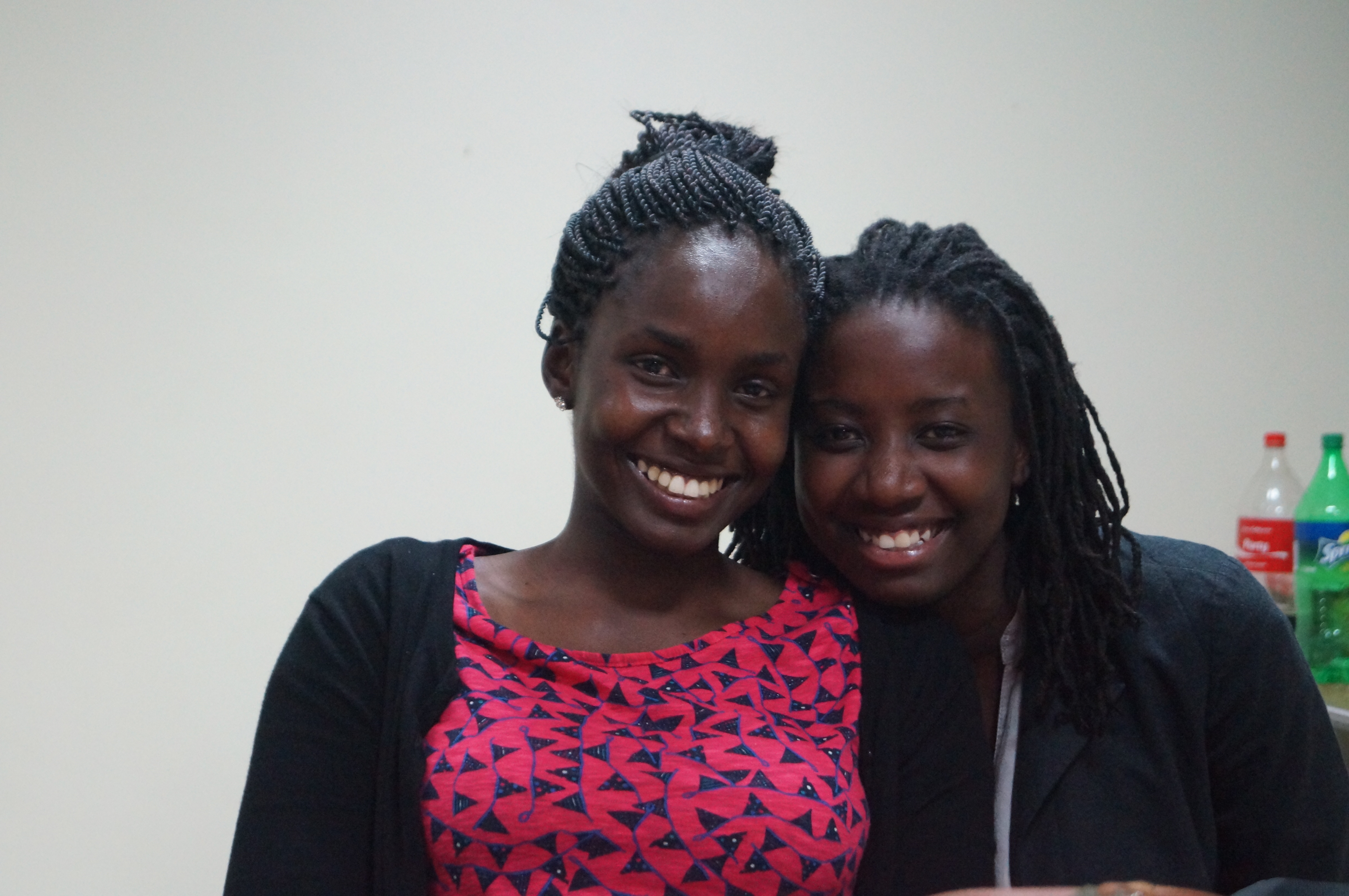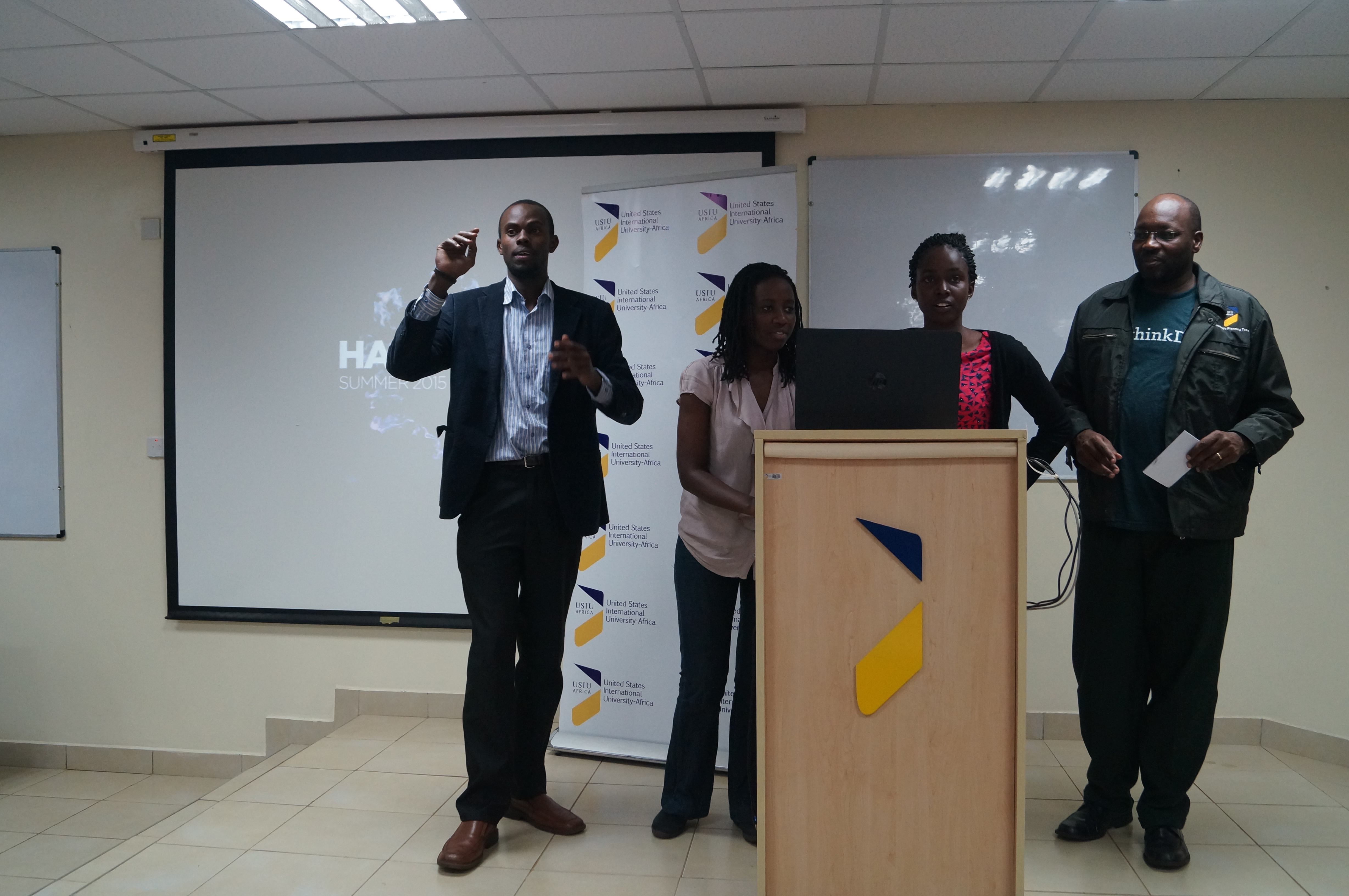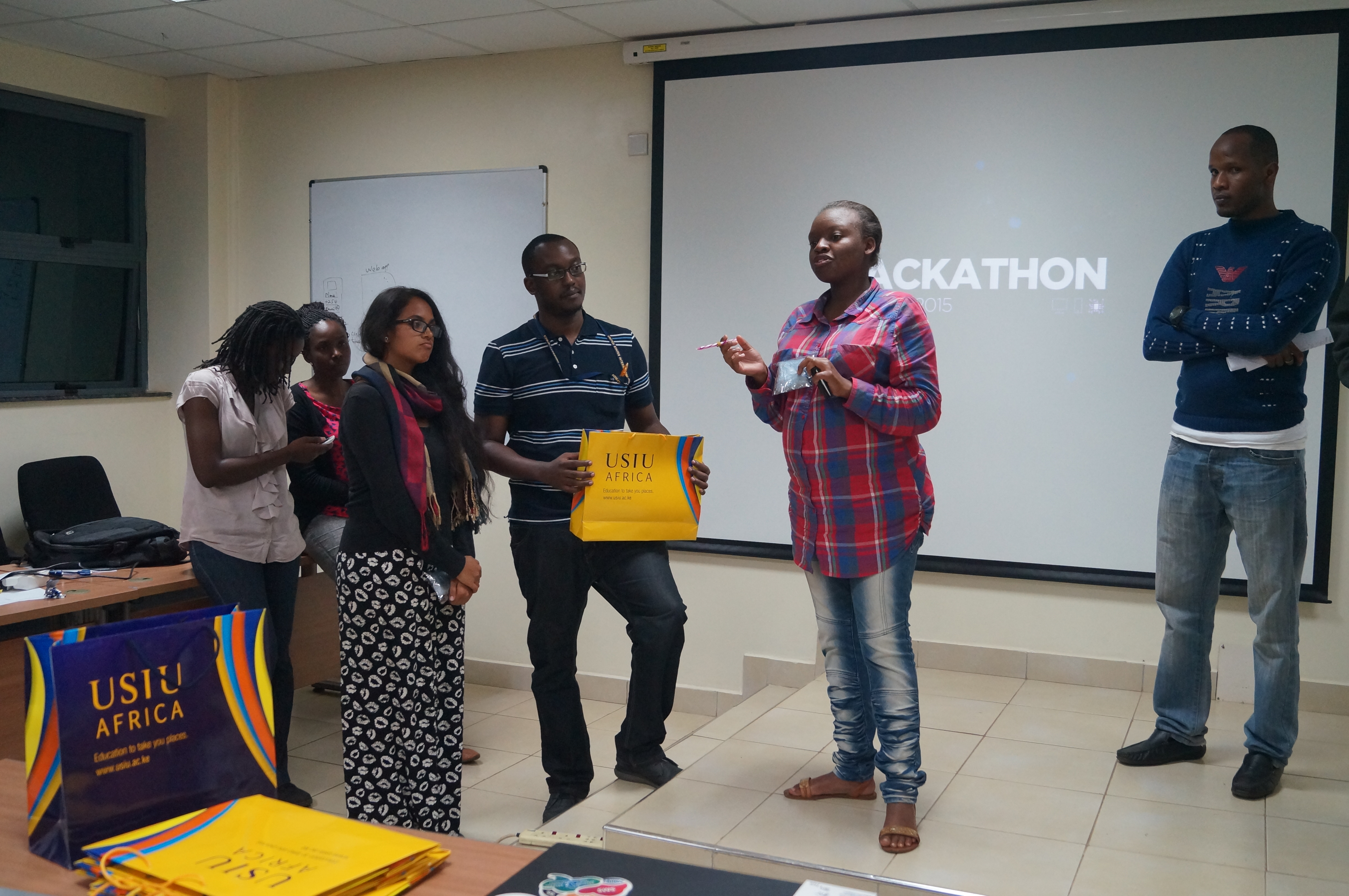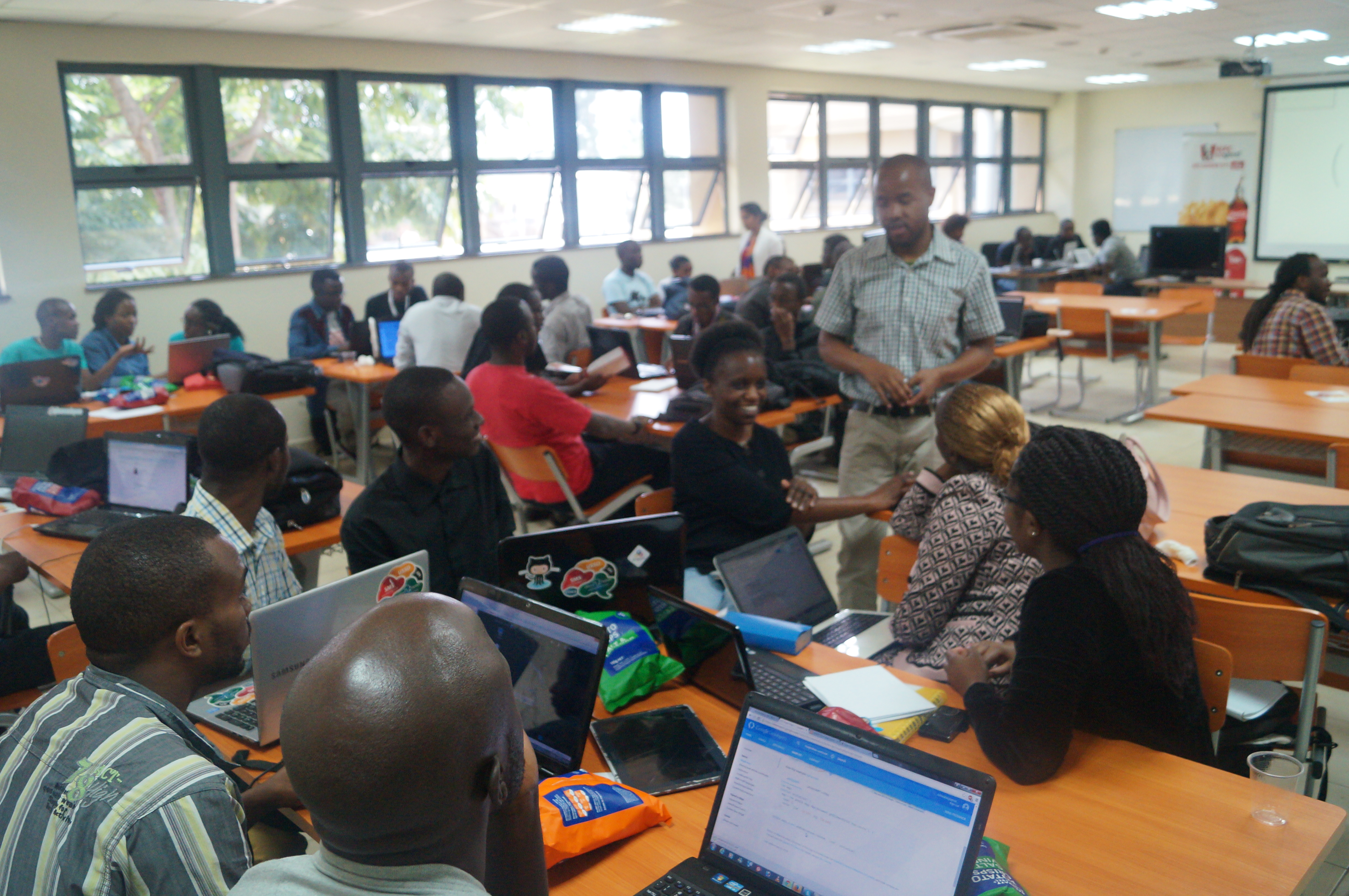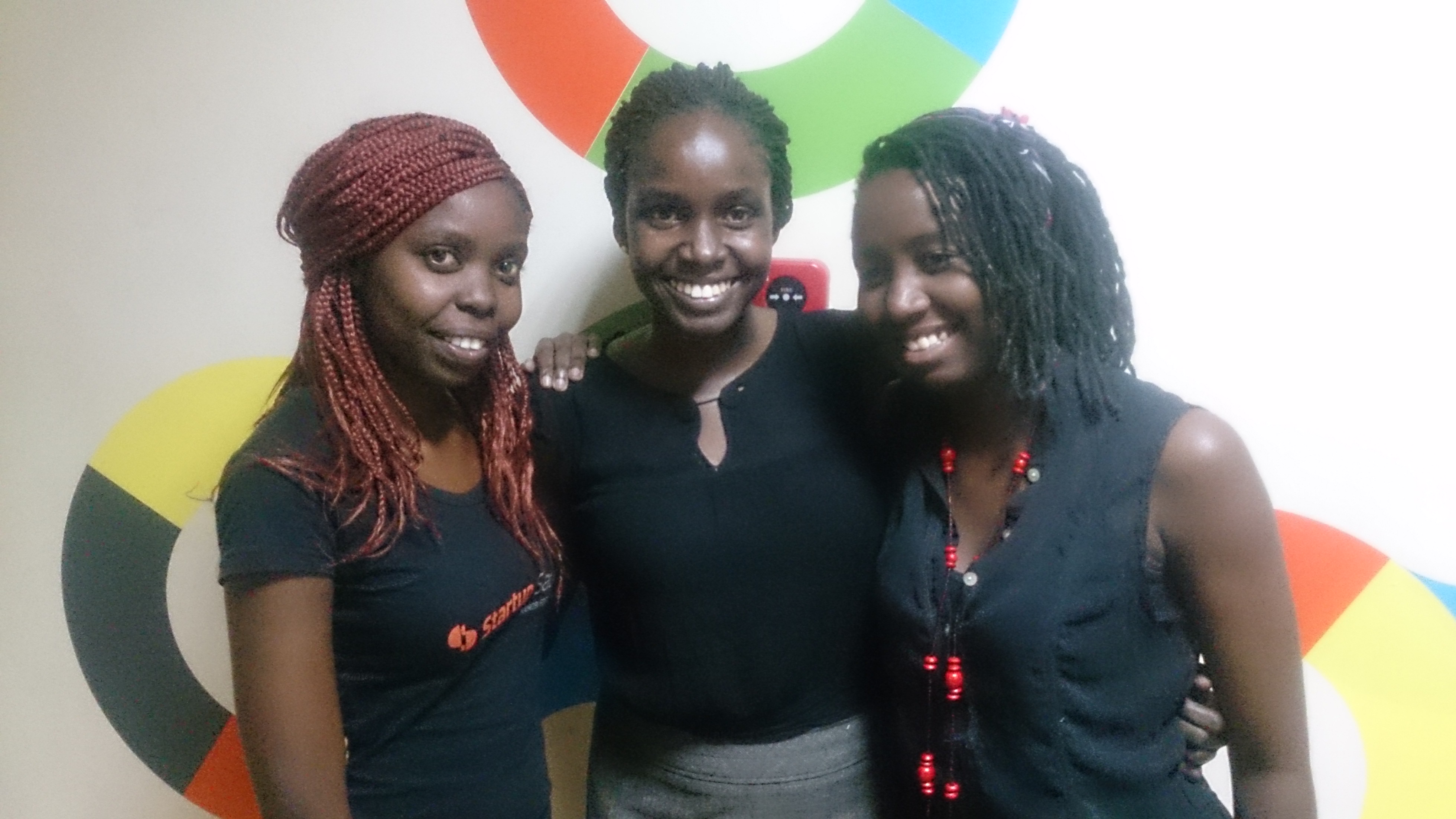Team Tremors - Amazing Journey
We have been working on the RapidFTR project, which assists humanitarian workers to gather, sort and share information about separated children in emergency situations so they can be reunited with their families. Working on this project has broadened our programming knowledge especially in Ruby and Rails. We have interacted with Git (It was not that easy at first :)), CouchDB, Solr, and Gems. At this point, we cannot say that we are masters with Ruby and Rails, but we are much better than when we started learning it.
Start of the Project
Initially, setting up the project on our local machines was a bit challenging (we were discouraged at first :( ). Nelly uses a Windows environment and that required vagrant installation (with this, one does not require a manual install of all the features) alongside setting up the project on her machine. On the other hand, Mercy uses a Linux environment and that required manual installation of the required features of the application. At the end of it all, we had installed so many features and gems but the good news was that the application was working perfectly fine after a couple days of setting up our respective environments.
RapidFTR setup Blog
We noticed the guidelines for setting up RapidFTR on our local machines was not so clear. We decided to write more detailed instructions which can be found here. This would also be used by new and upcoming contributors to the project.
United States International University - Africa Summer, 2015 Hackathon
Last semester, we had a hackathon at our university which was amazing. A few universities across Nairobi, Kenya were in attendance too. Surprisingly, out of 80 people in attendance, only 7 were female :0 :0 :0. That got us a bit worried since that clearly showed not many female coders and programmers are out there. We created a kind of a revolution to encourage women into programming. How did we do that? Well, it was easy. We came up with a women’s award category called ‘Nekesa Kiboi’ Award. Nekesa Kiboi is a combination of both our names.
The award focused to provide funding on the best project done by a female(s). The theme of the hackathon was based on social innovation. More details on the hackathon can be found here. The winner under the Women’s award category did a hardware hack using raspberry pi for digital display which incorporated the use of counter and timer. As simple as it was, their project can be further extended and applied not only in the university, but also in the country for digital display purposes.
We decided to have that because we know women have potential in programming that they can exploit and the award was a way to facilitate and drive women in the hackathon to exploit their potential. Well, we did not do that alone. We contributed some of our RGSoC funds and also got help from our professors and friends. We encouraged the girls at the hackathon to work on projects and join community groups like RGSoC, AkiraChix, and Women in Tech Africa. Such groups help women of like minds to learn from each other and grow together.
Meeting with Team Techylite
We met up with Esther Monchari, from Team Techylite. They work on the Speakerinnen project. It was such a great day to spend time chatting, learning from each other and sharing our experiences. We actually had our weekly skype call with Cathy together with Esther. Cathy was excited to see and have a chat with the two teams from Nairobi, Kenya.
Conferences
We could not manage to attend any of the conferences because of the proximity. But, we attended the Women in Tech Africa Conference held at ihub in Nairobi, Kenya on September 10th 2015. This was the launch of the Kenya chapter. The conference aimed at identifying women in tech from Africa, and to organise activities that would support these women across the African continent. During this conference, we learned to apply the tech knowledge in business growth. In addition to that, we learned how to be techpreneurs. Where we focus on both technology and entrepreneurship. That was a good perspective to look at technology since most people would always associate technology with techies and rarely with techpreneurs.
We would be attending the 2nd Annual African Women in Technology Conference, hosted by AkiraChix held on October 15th 2015, in Nairobi, Kenya. AkiraChix is a non- profit organisation that inspires and develops the force of women in technology who will change Africa’s future. From the 2nd round raffles tickets, there would be a RubyConf in Kenya and we are so looking forward to it. We are hoping to give a lightning talk during both conferences.
What we learned during RGSoC
Throughout this journey, we learned to work as a team and absorbing pressure when things don’t work out as we anticipated.
We managed to fix the issues on the project that was required of us and we also learned how to make successful pull requests. :)
We also learned that women are few and needed as well in the STEM world. Well, based on our experience from the hackathon, we noticed that most girls are enthusiastic about programming but lack that drive and motivation. We had the chance to encourage the few female that attended the hackathon, shared our RGSoC experience and the lots of opportunities alike that are available for women in STEM.
Challenges We Faced
We faced a couple of challenges but the two major ones were Internet reliability and writing cucumber tests. We use a space at the university for the RGSoC. At some point, internet connectivity was so slow that we opted to use LAN connection as opposed to WiFi. Sometimes we would even use our phones for internet connection. That saved us some trouble.
Writing cucumber tests was very challenging for us (extremely challenging :) ). We asked pro ruby programmers around Nairobi, Kenya concerning cucumber tests and surprisingly, none of them write tests because they say it is difficult and confusing. Eventually, we managed to find our way through understanding cucumber tests and actually writing them. :)
Our Gratitude
We appreciate our mentors, Sri Prasanna and Anne Mwangi for guiding us through the whole project. They showed us the easy way out to work with not only the RapidFTR project, but also understanding the project’s code and the importance of writing tests :) :). Our supervisor, Cathy Nangini, has been very supportive throughout the program. From the weekly skype/hangout calls and updating our progress with her, to also linking us up with the tech people across the globe. She has also been very understanding on the unreliable internet that would occur a few times. Thank you very much Cathy :). Not forgetting our Coach, Paul Bombo, For being with us from the word go. Paul, we are apologize for ever bugging you, but you’ve helped us quite a lot both during the sad and happy times. :) :) And owww… and Max Musau. The one guy that we took over his office whenever the university labs were closed for the night. Thanks Max for giving us a space in your office ;). And all in all, we appreciate the RGSoC community which is and will always be a lovely family.
What next???
The RGSoC is coming to an end and we are glad to be part of the journey. We have a positive impact from the experience. This is not the end for us as we will still continue to learn everything new, and take the initiative to encourage other women to be part of ‘Women in Technology’.
